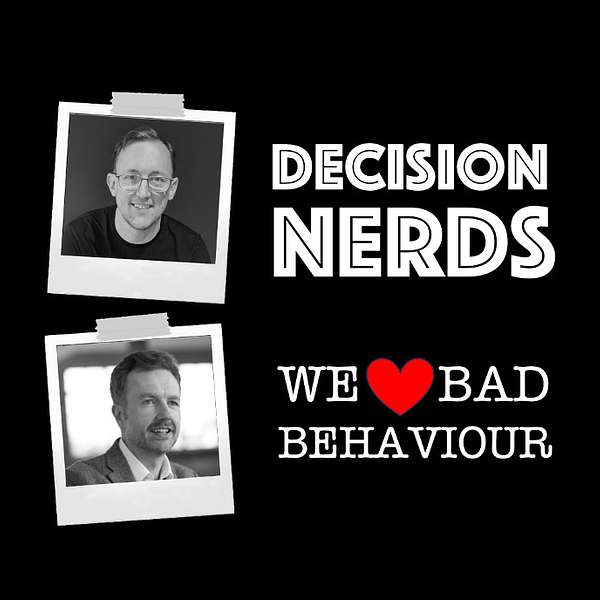
Decision Nerds
We talk about human behaviour and decision-making with an investment slant. And tell terrible jokes.
Join us as we dive into the trenches with industry innovators, academics and mavericks.
Decision Nerds
F&^% ups – how they happen, how they’re judged and how we can sort them
F&^% ups – how they happen, how they’re judged and how we can sort them
At some point in life, all of us will make some kind of toe-curling mistake. In our work lives, we’re going to make smaller ones, or have to manage or deal with colleagues' errors on an ongoing basis.
Understanding how errors happen and how they can be managed is important. But we also want to think about how others judge us, it might not be in the way we want or expect.
In this bite-size episode of Decision Nerds, we tackle this by examining the curious case of the ultra-runner who got in a car. Getting in a car wasn’t the problem – the fact that it was in a race and that she took a podium position was. Several days later, she had to apologise and explain what had happened with all the grief, Twitter pile-ons and general angst that you might expect.
Was this a case of a cynical cheat getting caught, or an example of when a poor decision leads to an escalating series of events that go sideways?
We discuss:
The crucial role of the decision environment – the impact of factors such as tiredness, anxiety, etc.
Short-term, ‘in the moment', thinking – how we often don’t act rationally
The compounding effect – how small errors can become big problems
How our mistakes are judged – why you need to understand ‘the fundamental attribution error’
Sharing the burden – how getting others involved quickly can make things easier, but why we might need strong incentives to do this
Got a problem that you’d like to see discussed? Let us know at paul@better-decisions.co

